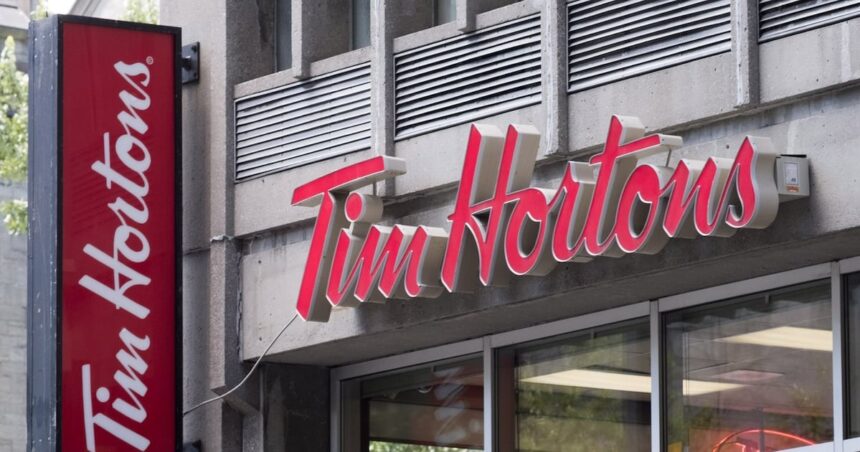As a Montreal journalist closely following consumer rights issues, I’ve been watching the Tim Hortons “Roll Up to Win” controversy with particular interest for our Quebec readers.
In a significant development for Quebec consumers, a judge has authorized a class action lawsuit against the iconic coffee chain Tim Hortons regarding its popular “Roll Up to Win” promotion. The case centers on allegations that the company sent promotional emails without proper consent, potentially violating Quebec’s consumer protection laws.
The lawsuit specifically addresses Quebec customers who received promotional emails related to the “Roll Up to Win” contest between 2017 and 2022. Many local customers have expressed frustration about receiving these communications despite not providing explicit permission.
“This authorization represents an important step for consumer privacy rights in Quebec,” explains Catherine Pilon-Dumas, a Montreal-based consumer rights attorney I spoke with yesterday. “Under our provincial regulations, companies must obtain clear consent before sending promotional materials.”
The case highlights the unique consumer protection framework we have here in Quebec compared to other provinces. Our Consumer Protection Act contains specific provisions regarding commercial electronic messages that differ slightly from federal regulations.
Walking down Rue Sainte-Catherine yesterday, I stopped at three different Tim Hortons locations and spoke with customers about the case. The reactions were mixed.
“I never thought twice about those emails,” said Martin Tremblay, a regular Tim Hortons customer. “But when you think about it, they should ask permission first, non?”
Others, like Isabelle Lavoie, were more concerned: “I’m careful about who I give my email to. Companies need to respect that boundary.”
Tim Hortons has responded to the authorization with a statement indicating they intend to vigorously defend their position. The company maintains that their promotional practices comply with applicable regulations and that they take customer privacy seriously.
Legal experts suggest this case could establish important precedents for how businesses communicate with Quebec consumers. Professor Jean-Marc Lacoursière from Université de Montréal’s Faculty of Law notes that “Quebec courts have historically been protective of consumer rights, particularly regarding consent and privacy.”
The “Roll Up to Win” promotion, formerly known as “Roll Up the Rim to Win,” has been a staple marketing campaign for Tim Hortons since 1986. The contest evolved from physical rim-rolling to include digital components, which is where the email communications in question originated.
Potential compensation for affected Quebec customers hasn’t been determined yet, but similar class actions have resulted in both monetary damages and changes to business practices.
If you’re a Quebec resident who received “Roll Up to Win” promotional emails between 2017 and 2022, you may be automatically included in this class action. Legal experts recommend keeping any relevant emails as potential evidence.
The case serves as a reminder of the balance businesses must strike between marketing efforts and respecting consumer privacy – something I’ve observed becoming increasingly important to Montrealers in my years covering local business issues.
As this case proceeds through our court system, it will likely prompt other businesses operating in Quebec to review their electronic communication practices. The outcome could reshape how national chains approach regional differences in privacy regulations across Canada.
Ce matin, en prenant mon café au Tim près de notre bureau sur Boulevard René-Lévesque, I couldn’t help but notice the irony of the situation – the very promotion designed to build customer loyalty has now become a significant legal challenge for the company in our province.
We’ll continue following this story as it develops, providing updates as the case moves forward.







